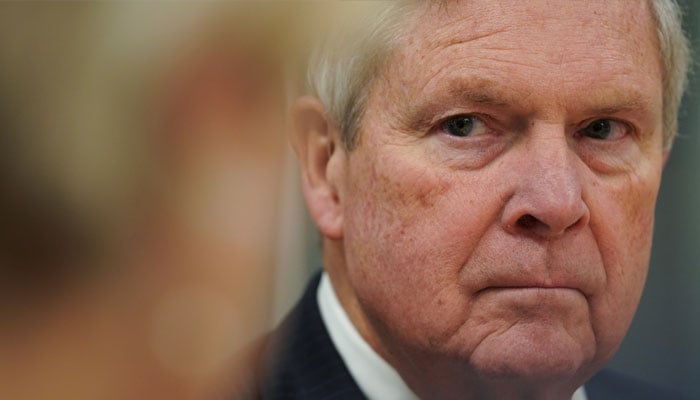Men's faces evoke more discomfort than other genders, study reveals
Unveiling bias: Research shows positive perception of androgynous faces
March 25, 2024

A recent study has unearthed a remarkable revelation: regardless of the personal gender identification, often, there is a proclivity for androgynous faces, which come across as easy to comprehend and classify in the restrictive framework of the traditional male and female dichotomy.
The study, published in the European Journal of Social Psychology and reported on by PsyPost, engaged people mainly from Italian as well as Spanish backgrounds.
Subjected to an expedited task of equally assigning gender groups to an assortment that had some artificial androgynous faces formed by combining both female and male counterparts.
It is also a point of interest that even though they were experiencing the difficulties in putting androgynous faces into boxes, their feeling of being discomfort was pretty low.
In contrast with the high amount of time consumed in gender labelling of different faces, participants have been observed to regard them to be more trustworthy, less eerie, and having a strong ethical perception as compared to singularly male faces.
Antonio Olivera-La Rosa, a researcher and a professor of Luis Amigó Catholic University in Medellín, was astonished seeing the findings contrary to the expectation.
The deviation is incredible. Olivera-La Rosa lays out the complexity of facial perception in eliciting social judgments and thus highlights the need for getting the message across that facial impression constitutes only one of the many components of an extremely complex cognitive apparatus.
Moreover, the research study's authors were careful to note that their data did not reflect an outright denial of discrimination that those with ambiguous appearances face.
They embraced wider cross-cultural research focusing on facial recognition, trying to establish complex psychological mechanisms in various societal conditions.











